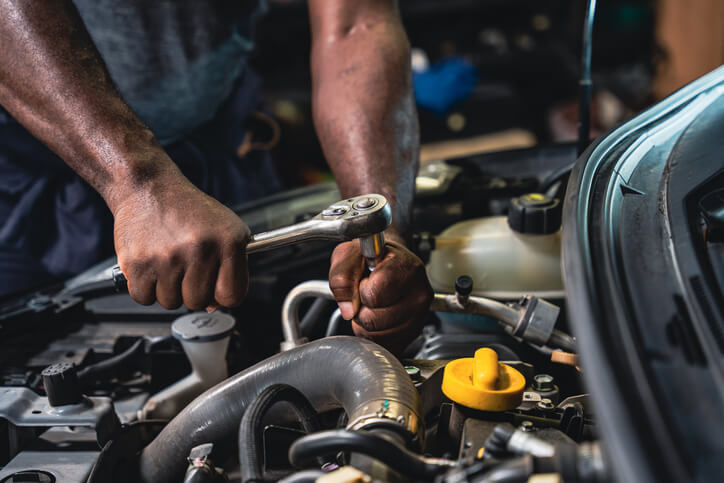Want to Become a Mechanic? Learn What Consumers Want From Their EVs
As the automotive industry evolves, the rise of electric vehicles (EVs) presents exciting opportunities for aspiring mechanics. Understanding consumer preferences for EVs is essential for those looking to become a mechanic specializing in this burgeoning field.
This knowledge helps provide better services and anticipate customer needs, which is crucial for career growth. In this blog post, we will explore the key features and attributes consumers prioritize when purchasing EVs and how mechanics can adapt to meet these demands.
The Shift Toward Electric Vehicles
The global transition to electric vehicles is accelerating, driven by environmental concerns, government policies, and technological advancements. In 2024, electric vehicle sales in Canada edged ahead of the US for the first time, and further increases are projected.
This surge in EV adoption underscores the need for mechanics to adapt their skills and knowledge to cater to these vehicles. By understanding what consumers want from their EVs, you can provide better service and enhance your career prospects.
What Consumers Want From Their EVs
1. Range and Charging Infrastructure: A significant consumer consideration when purchasing an EV is the vehicle’s range. Many buyers are concerned about how far they can travel on a single charge and whether they will have access to adequate charging infrastructure. This concern is echoed in the 2024 Edmunds EV Sentiment Survey, highlighting the gap between consumer expectations and market realities of charging availability.
Mechanics can address these concerns by specializing in battery diagnostics, repair, and maintenance. Understanding the intricacies of battery technology, including optimizing battery life and improving charging efficiency, will be invaluable in meeting consumer needs when you become a mechanic.

2. Performance and Innovation: Consumers are also interested in the performance capabilities of EVs, including acceleration, handling, and overall driving experience. Many EV buyers are attracted to the innovative technologies embedded in these vehicles, such as advanced driver-assistance systems (ADAS) and connectivity features.
Mechanics can offer services that enhance vehicle performance by staying updated on the latest technological advancements and gaining expertise in EV-specific components. Training in software diagnostics and repairs for ADAS and other smart features will be crucial as these technologies become more prevalent in EVs.
3. Environmental Impact and Sustainability: A significant motivator for consumers switching to EVs is their lower environmental impact. Buyers are increasingly conscious of their carbon footprint and are looking for vehicles that contribute to sustainability.
Mechanics can emphasize eco-friendly practices in their services, such as offering sustainable repair options and recycling programs for EV components. Understanding the lifecycle of EV parts and promoting sustainable maintenance practices will appeal to environmentally conscious consumers.
4. Cost and Value for Money: While the initial purchase price of EVs can be higher than traditional vehicles, consumers are often interested in the long-term savings associated with lower fuel and maintenance costs.
Mechanics can build consumer trust by providing transparent pricing and highlighting the cost savings associated with regular EV maintenance. Offering maintenance packages that focus on EVs’ unique needs can also demonstrate value for money.

Steps to Take to Become a Mechanic
Aspiring mechanics looking to enter the EV market should focus on acquiring specialized training and certifications in electric vehicle technology. Many technical schools and automotive training programs now offer courses tailored to EV maintenance and repair. These programs cover essential topics such as battery management, electric drivetrains, and EV-specific diagnostic tools.
In addition to formal hybrid and electrical mechanic training, gaining hands-on experience through internships or apprenticeships with experienced EV technicians can be invaluable. This practical experience helps build confidence and competence in working with electric vehicles’ unique components.
Do you want to be a hybrid and electric vehicle mechanic?
Contact ATC Montreal for more information.


